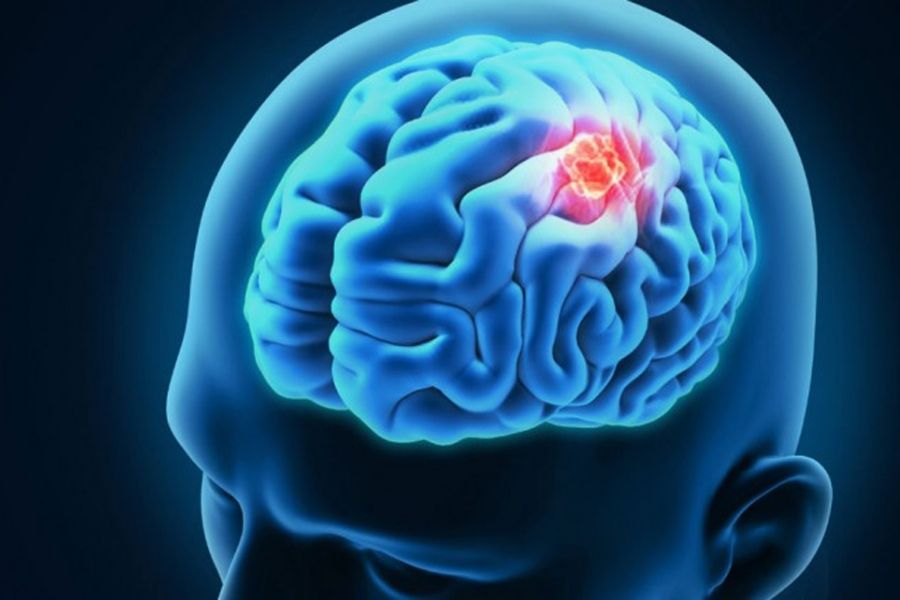A brain tumour does not necessarily mean cancer and brain cancer does not necessarily mean the end of life. Diagnosis, subsequent proper treatment and prognosis can lead to recovery. When dealing with a brain tumour or glioma, how should one proceed? Dr. Aditya Mantri, a consultant neurosurgeon at Kolkata's Apollo MultiSpeciality Hospitals discusses.
One specific type of brain tumour is referred to as glioma. Glioma or brain cancer can occur in any part of the brain. There are various grades of these tumours, ranging from grade 1 to 4. A neurosurgeon or neurologist first diagnoses the disease and then determines the grade of the tumour through MRI.
Dr. Mantri states, "How dangerous this tumour is and what the chances of recovery are, depend on three to four factors like— where the tumour is located in the brain, which grade of tumour it is, and how quickly it is growing."
For low-grade tumours, treatment is possible through new technologies. What are these new technologies? According to Dr. Mantri, "Artificial intelligence or AI is now being used in the treatment of brain tumours. In neurosurgery terms, it's called 'Neuro-navigation' or 'neuro-monitoring,' or 'intra-operative USG' or 'intra-operative MRI’. The goal is to remove the tumour from the brain as quickly as possible."
There is a misconception that surgery to remove a tumour means being cancer-free. However, it's not that simple. The treatment of brain cancer involves diagnosis, surgery, chemotherapy, radiotherapy, and rehabilitation—all of them are important, according to Dr. Mantri.
He has also discussed the importance of cancer treatment with the help of new technologies. In his opinion, using new technologies can remove most of the cancer. The less cancer remains in the body, the less radiation therapy is needed. Since radiation therapy has its side effects, the less radiation the better.
Many people have questioned about how long a cancer surgery patient can survive. Dr. Mantri says, "It is possible to determine the patient's health condition and do the prognosis, only after performing a biopsy or molecular tests. These tests can provide information about the patient's health prospects."
According to Dr. Mantri, the quicker and more tumours are removed from the body, the better it is for the patient. Symptoms like Seizures or convulsions, reduced hearing, or prolonged incidents of headache are signs of brain cancer. He recommends contacting a neurologist or neurosurgeon for consultation, if one notices any such symptoms in the body.
This article has been produced on behalf of Apollo Multispeciality Hospitals by ABP Digital Brand Studio.










